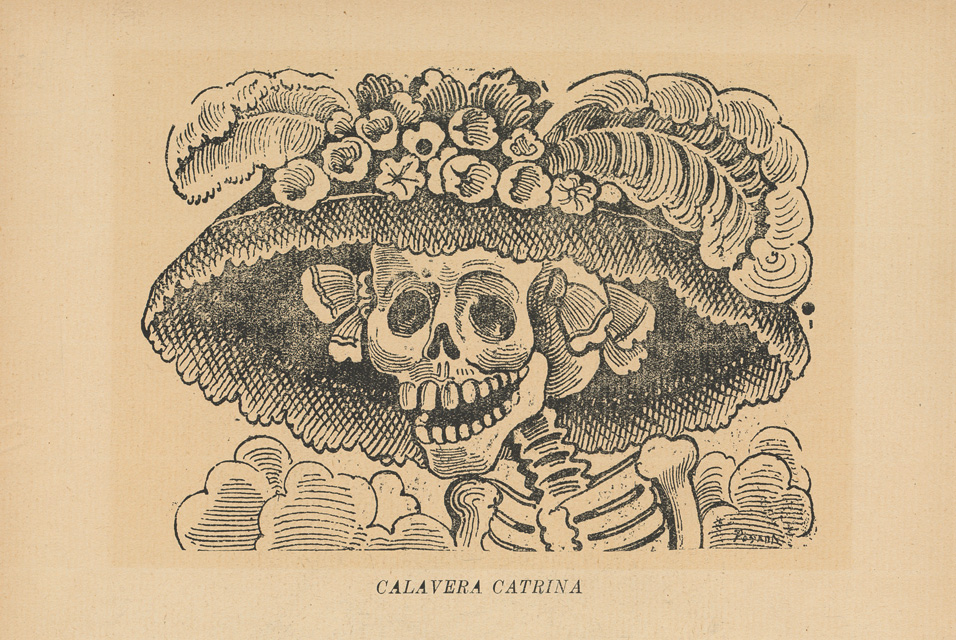
Mexican Art Goes Global. Tracing Artistic Connections During the Iron Curtain Era
Location: Ossolineum, Conference Room, 17 Nankier Square, 1st floor, entrance opposite the café „Cherubinowy Wędrowiec”
22.05.25
10.00–10.30 opening of the conference by the Ambassador of Mexico, Juan Sandoval Mendiolea in the presence of the university authorities; Speeches by Professor Jerzy Malinowski (Polish Institute of World Art Studies) and Dr. Łukasz Kamiński, Director of the Ossolineum
10.30-11.30 Prof. Anna Markowska (Uniwersytet Wrocławski), Why Did a Wistful Polish Artist Turn to Revolutionary Mexican Prints? [keynote speech]
I Frente Nacional de Artes Plásticas (FNAP)
11.30-11.50 Katarina Lopatkina, PhD (Finland, Finnish Labour Museum Werstas, Tampere), Diego Rivera and Soviet Comrades: from Beloved Hero to Pariah and Back
11.50–12.10 Guillermina Guadarrama Peña (CENIDIAP-INBAL, Ciudad de México), Frente Nacional de Artes Plásticas (National Front of Plastic Arts), a collective in resistance online
12.10–12.30 Fabiola Martínez Rodríguez, PhD (Saint Louis University Madrid), Proletarians, Peasants and Revolutionaries: the Enduring Legacies of FNAP’s Touring Exhibition of Mexican Art
12.30 – 14.00 discussion followed by a lunch break
II Mexican Art Exhibitions in Eastern Europe in the 1950s
14.00–14.20 Magdalena Nowak, PhD, Hanna Doroszuk (National Museum in Warsaw), The People as the Source of Power! Mexican Art in the Contemporary Art Collection of the National Museum in Warsaw
14.20–14.40 Katarzyna Szydłowska-Schiller (National Museum in Warsaw), How Revolutionary Graphic Art from Mexico Found Its Way to the National Museum in Stalinist Warsaw?
14.40–15.00 Rado Ištok, PhD Candidate (National Gallery, Prague), Mexican Art in Czechoslovakia During the Cold War
15.00–15.30 Discussion followed by a coffee break
15.30–15.50 Irina Cărăbaș, PhD (National University of Arts in Bucharest), Mexican Art in Cold War Europe during the 1950s
15.50–16.10 Laura Rosengarten, PhD Candidate (Leipzig University), Mexican Art and the GDR in Late Stalinism
16.10–17.10 prof. Matthew Rampley (Masaryk University, Brno), Mexico in Brno: Querying the Case Study Paradigm [keynote speech]
17.10 discussion
23.05.25
III Mexican Art in Asia during the Cold War Period
10.00–10.20 Marisol Villela Balderrama, PhD (Northwestern State University of Louisiana), Go East: The World Peace Council and Mexican Art in Eastern Europe and Asia online
10.20–10.40 Jinyoung Anna Jin, PhD (Stony Brook University, New York), Beyond Borders: Lee Qoede’s Post-Defection Journey in Mural Art and Transnational Influence
10.40–11.10 Discussion followed by a coffee break
IV Mexican Art in Eastern Europe in the 1970s and 1980s
11.10–11.30 Rada Georgieva, PhD candidate (Courtauld Institute of Art, London), Symbolic Gifts, Global Strategies: Mexican Art in Bulgaria’s Cold War Diplomacy
11.30–11.50 Dorota Jarecka, PhD (Institute of Literary Research, Polish Academy of Sciences, Warsaw), The Cult of Death on Saturday off. Mexican Presence in Warsaw in 1976
11.50–12.10 Jorge Sanguino, PhD candidate (University of Cologne), Contemporary Mexican Art After the Wall: the Broken Link with Eastern Europe
12.10–13.10 Prof. Agata Jakubowska (Uniwersytet Warszawski)‘The Art of Mexican Women’ in State-Socialist Poland. U.S. Feminism versus Global Socialism [keynote speech]
13.10 – 14.40 discussion followed by a lunch break
V Cultural transfers
14.40–15.10 Katarzyna Cytlak, PhD (University Nicolaus Copernicus, Toruń), Mestizo consciousness: Marcos Kurtycz’s bicultural Polish-Mexican identity
15.10-15.30 Małgorzata Reinhard-Chlanda, PhD Diana Dyjak Montes de Oca – Manifestation of Presence at the Crossroads of Cultures
VI Mexican Literature and Art in the Context of the Cold War
15.30-15.50 Lukas Pawelek, PhD (University of South Carolina Beaufort), From Literature to Walls: Nostalgia, Rebellion, and Memory in Mexican and Polish Urban Art
15.50-16.10 Jonas Hernegger (independent researcher, Germany), Magically Global. Mexico in a Painterly Correspondence with Central and Eastern Europe
16.10-16.30 Anielka Mroczek (independent researcher, Lublin), Elena Poniatowska, Ana Mendieta and the Cold War
16.30 discussion
